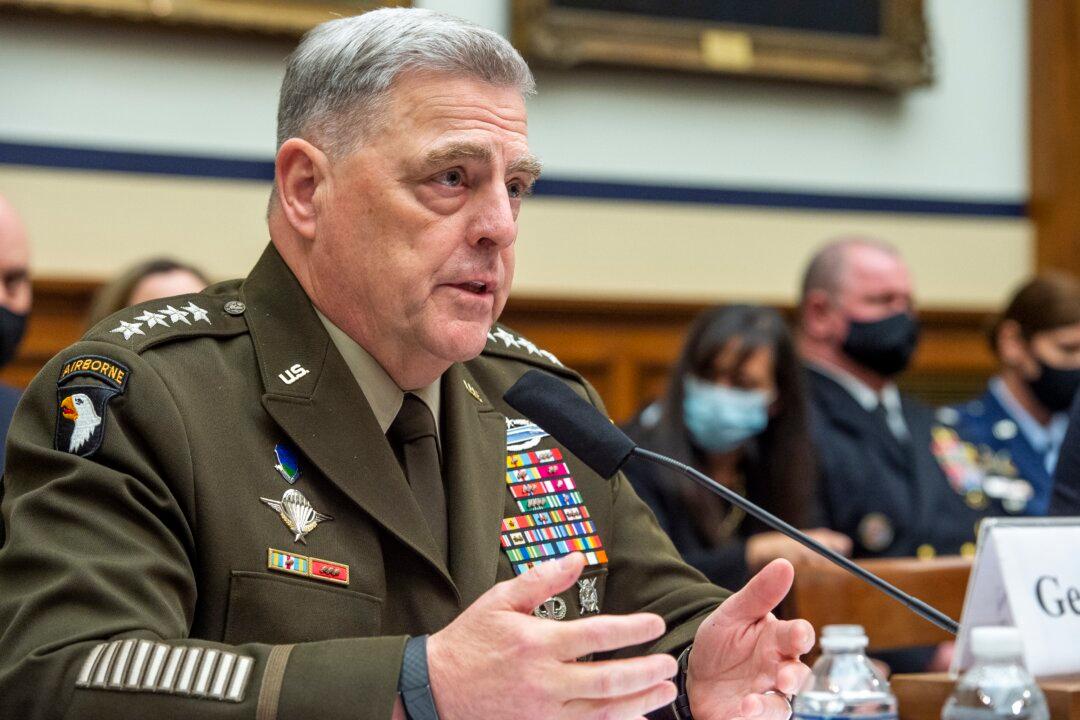Commentary
A timely debate is taking place in conservative circles regarding policy priorities and where foreign policy should fit.

A timely debate is taking place in conservative circles regarding policy priorities and where foreign policy should fit.